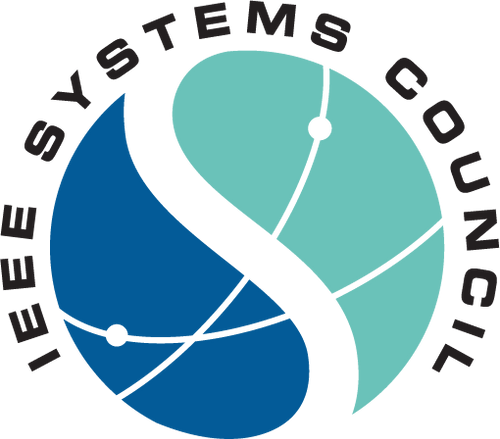Tutorial Schedule
8:00 AM - 10:00 AM
Morning Tutorials (Part 1)
10:00 AM- 10:15 AM
Coffee Break
10:15 AM - 12:00 PM
Morning Tutorials (Part 2)
12:00 PM - 1:00 PM
Lunch (Tutorials Only)
1:00 PM - 3:00 PM
Afternoon Tutorials (Part 1)
3:00 PM - 3:15 PM
Coffee Break
3:15 PM - 5:15 PM
Afternoon Tutorials (Part 2)


